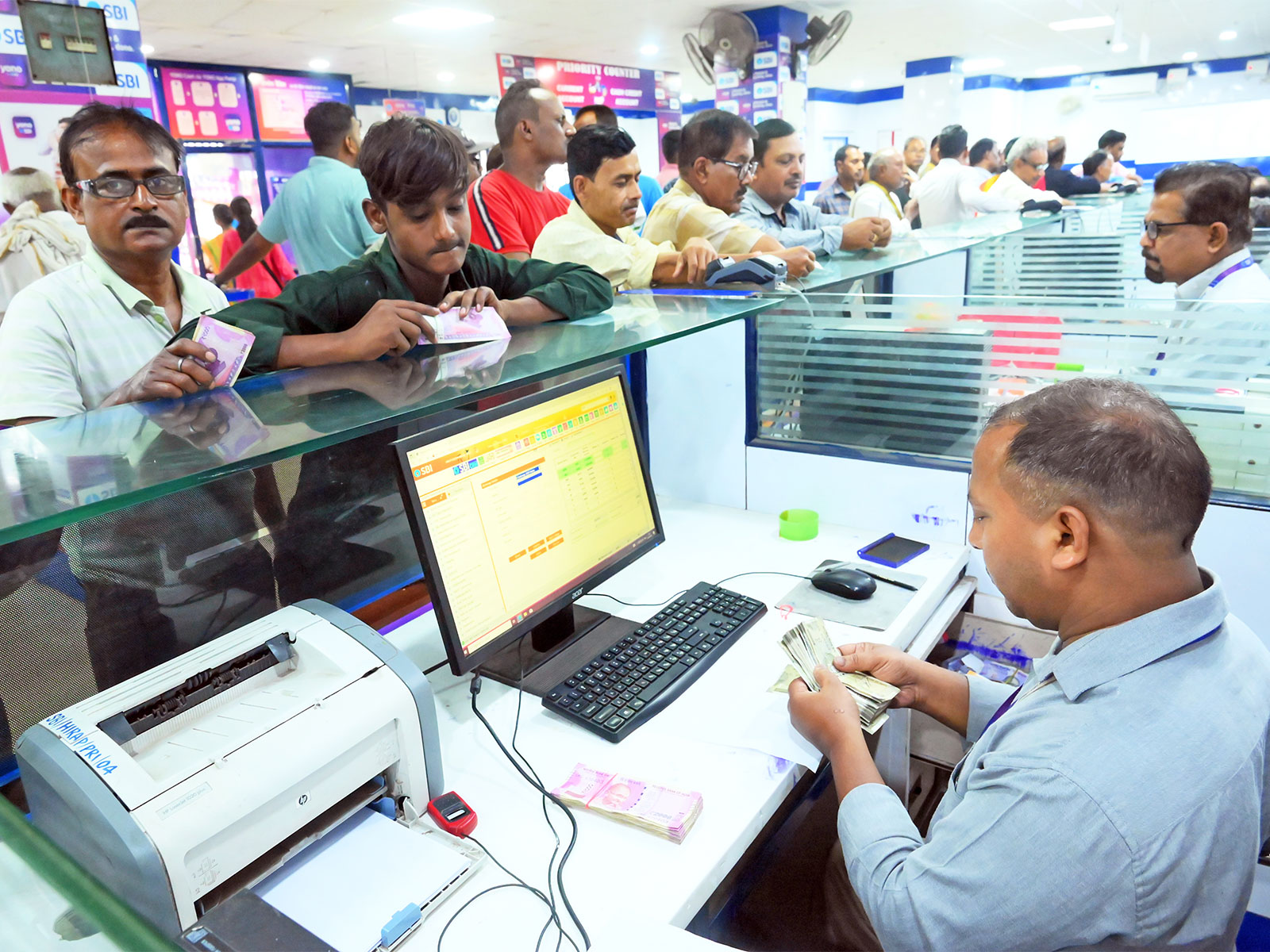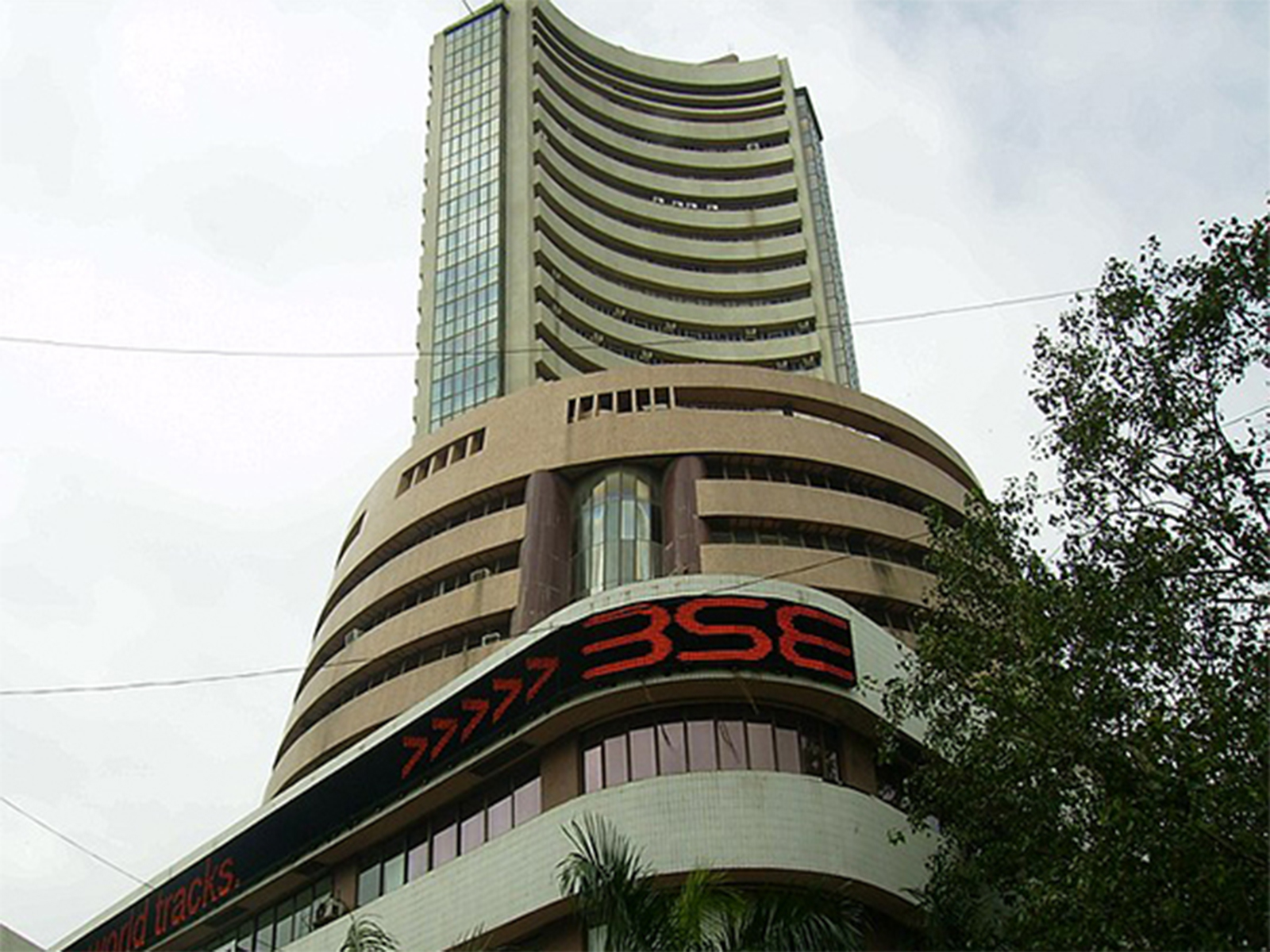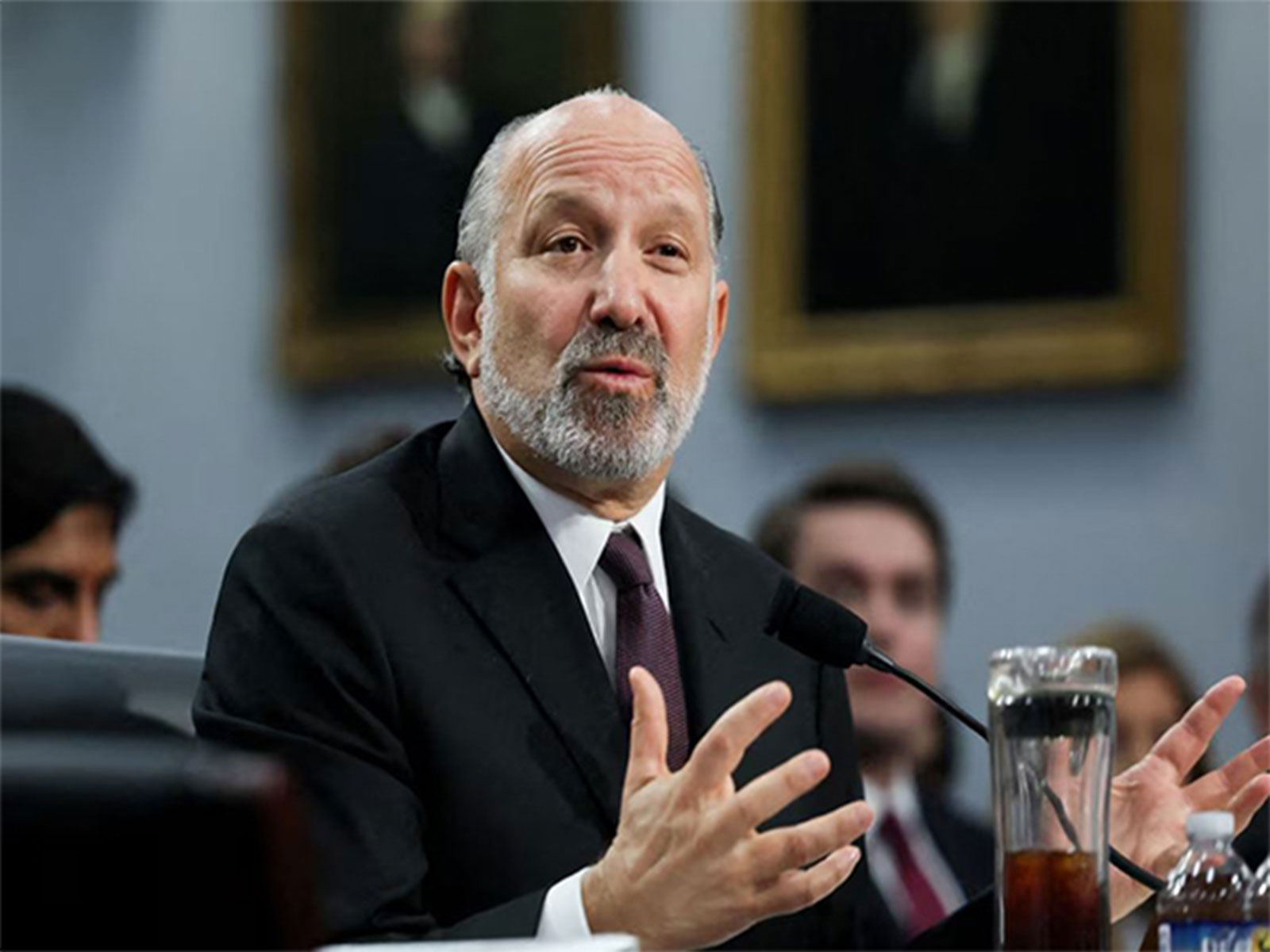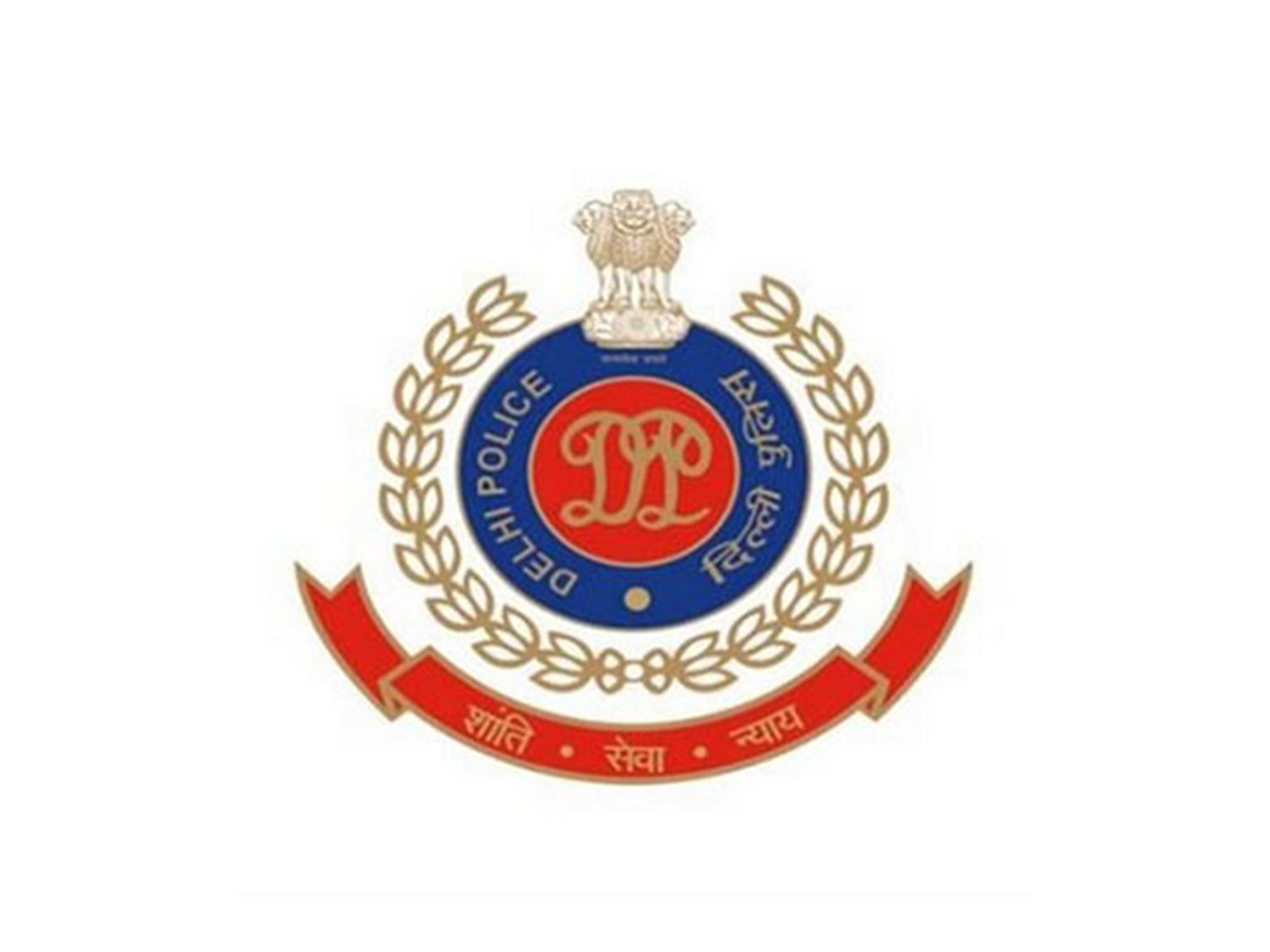
Retail asset securitisation market sees 6% decline in H1FY26 but festive demand to revive momentum: CareEdge Ratings
Oct 11, 2025
New Delhi [India], October 11 : The retail asset securitisation market witnessed a 6 per cent decline in the first half of the financial year 2025-26 (H1FY26), marking the first contraction in recent years, according to a report by CareEdge Ratings.
The total securitisation volume stood at Rs 1.13 lakh crore during the period, encompassing both pass-through certificates (PTCs) and direct assignments (DAs).
This was driven by excess on-balance-sheet liquidity and an improving credit-deposit (CD) ratio, which reduced the immediate need for off-balance-sheet funding through securitisation.
Despite these developments, the broader performance of rated retail pools remains robust. Over the last four years, retail securitisation volumes have demonstrated consistent year-on-year growth, underscoring the sector's resilience and a steadily expanding investor base.
The report emphasised that while the decline in H1FY26 marks a temporary setback, the underlying fundamentals of the market continue to remain strong.
It stated, "However, H1FY26 marks the first instance of a year-on-year decline. Despite this temporary dip, the underlying fundamentals remain strong."
The report noted that the slowdown also reflects recalibrated credit growth in select retail loan segments and a cautious approach adopted by certain investors, particularly towards unsecured loans.
Retail asset securitisation is a financial process through which lenders (such as banks, non-banking financial companies, NBFCs, or housing finance companies) convert their retail loans, like home loans, auto loans, credit card receivables, or microfinance loans, into marketable securities that can be sold to investors.
The rating agency also observed that retail passthrough certificate (PTCs) rated by it saw nine instances of downgrades in microfinance institution (MFI)-backed pools during H1FY26.
Overall, the market witnessed 24 instances of downgrades, including 15 MFI deals and 5 unsecured loan pools, of which 4 were downgraded to the default category (D).
The report also outlined that upcoming Goods and Services Tax (GST) reforms could spur consumption demand, while the ongoing festive season is likely to drive credit offtake.
These factors, combined with stable macroeconomic conditions, could help the securitisation market regain momentum in the second half of the fiscal year.
Whether the market can recapture the highs of FY25 will depend largely on how originators and investors respond to the evolving liquidity environment and credit demand trends.



























